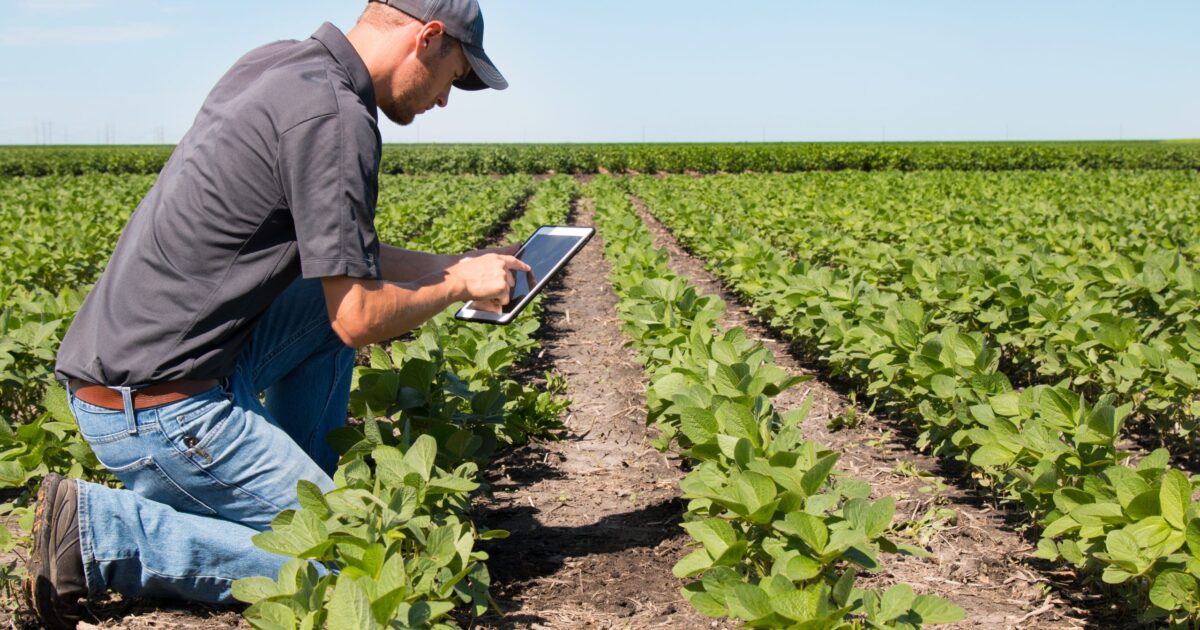Why Sustainable Agriculture Is Important

Agriculture underwent massive changes during the middle of the twentieth century. Mechanization, and other new technologies, allowed for the increase in productivity and reduction of costs for both food and fiber products. That meant that farmers could produce more goods at lower prices.
While this may seem beneficial, this process comes with steep environmental costs. Fortunately, sustainable agriculture has become a more prominent focus that can help stop further depletion of natural resources and promote proper care of the environment.
Natural Resources Management
Sustainable Agricultural experts, such as Stefan Soloviev, explain that large-scale practices reduce future generations’ ability to produce food and fiber. That is because they deplete areas of natural resources and harm the soil quality. Meanwhile, sustainable agriculture strives to minimize environmental damage so future generations can continue using the land for production.
One example of sustainable agriculture is when farmers tailor their production to capitalize on an area’s natural resources or minimize their impact on the ecosystem. This practice encourages biodiversity and reduces the need for toxic chemicals. For instance, farmers can reduce their use of pesticides by using natural pest control methods. That can include hedgerows, ground cover, natural predators, and diversifying crops. Biodiversity is another crucial factor for sustainability.
Society
Sustainable agriculture programs could not be a reality without people who understand the environment and have the know-how to implement alternative systems. It takes experimentation, formal science, and cultural practices to create strategies that are tailored to each location’s ecosystem and minimizes impacts on the environment. Various social institutions have spearheaded this movement by helping educate farmers and encouraging them to implement different procedures to become both agriculturally productive and sustainable.
Social issues also arise when discussing sustainable agriculture. In most places, wages for farm laborers are so low that farmers must rely primarily on migrant workers. Since the legal status of most of these workers is in question, they have virtually no safety or wage requirements. Sustainable agriculture also considers the low pay and harsh conditions these workers face, and programs encourage farmers to try alternative approaches to providing for their laborers.
For agriculture to be sustainable, farmers must be able to protect the environment, produce large crop yields, and consider their impact on their surrounding community. By continuing practices that degrade the environment, farmers will continue to hurt the environment in the long run. Fortunately, programs exist to help farmers adopt more sustainable procedures.






